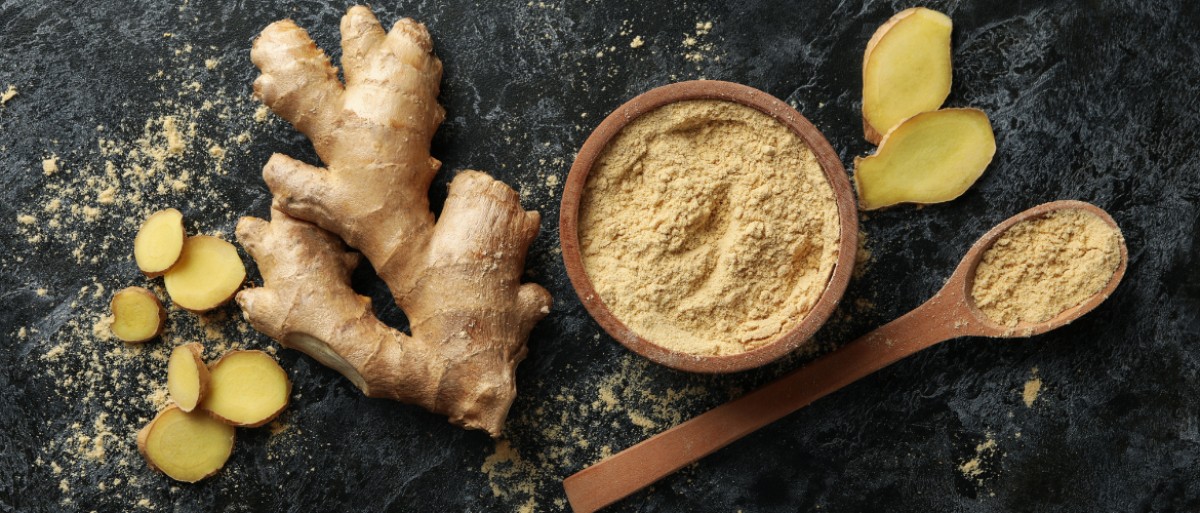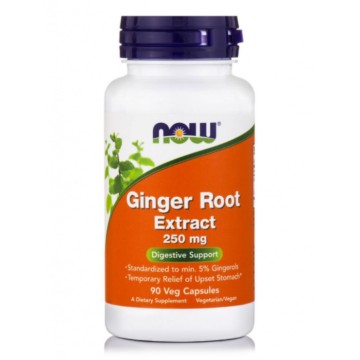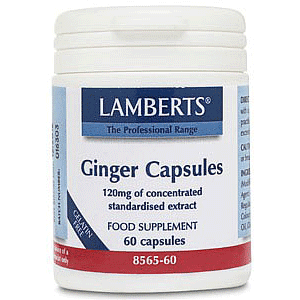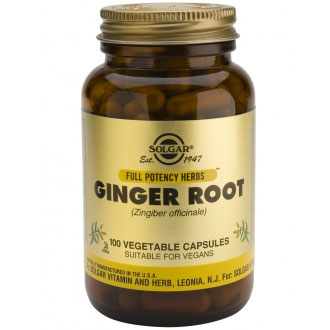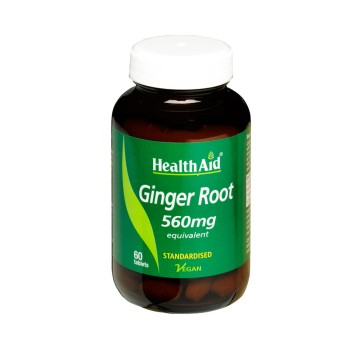What is what ginger?
The
ginger gives a unique aromatic character to sweet and savory dishes. Its pleasant spicy taste, which comes from the root of the plant, is what makes drinks and foods such as ginger beer, tea, candies and many Asian dishes very popular. Also the
ginger it is more than a tasty addition to your food. It also offers many health benefits. See how it can improve your diet and your health.
Benefits of ginger
The
ginger it's not just delicious. It has an ingredient, gingerol, that helps the stomach work better. This means that food passes through the stomach more quickly and is broken down more easily during the digestion process. So, when we eat ginger, it helps our digestion and prevents food from staying too long in the intestine.
- Chemotherapy: Specialists who care for people with cancer note that ginger can help reduce nausea after treatment, without some of the side effects of common nausea medications.
- Pregnancy: Women have been using ginger for years to treat morning sickness and other pregnancy discomforts. Even scientific organizations, such as the American Academy of Obstetrics and Gynecology, confirm that ginger is safe and can help deal with nausea.
- Period cramps: Ginger can help reduce cramps during your period if you take it in the first 3-4 days of your cycle.
- Osteoarthritis: Ginger, when consumed, may slightly help reduce pain for some people with osteoarthritis.
- Inflammation: Ginger is rich in over 400 natural compounds, some of which can help reduce inflammation. We need more research to understand whether ginger can help with problems such as rheumatoid arthritis or inflammation in the respiratory tract.
- Motion sickness: Eating ginger can reduce nausea and vomiting for some people during pregnancy. However, it may work more slowly or not be as effective compared to some medicines used to treat nausea.
- Bloating and Gas: Ginger helps reduce bloating and gas. It can improve digestion and treat constipation and other causes of bloating.
- Cell wear: Our cells can be damaged. Ginger helps with this, as it contains substances that protect cells. These substances fight free radicals, which are a threat to cells when there are too many of them.
The
ginger tea it's great in winter and delicious as a dessert. You can easily enrich it with a little lemon or lime and honey, making a wonderful drink.
You can find
ginger tea bags in grocery stores, which are easy to use and last a long time. Although the fresh
ginger has more health benefits, dry ginger tea has a milder taste. Using fresh ginger for tea takes a little more effort but adds a stronger flavor to the tea.
How to make homemade ginger tea?
To make easily and quickly
ginger tea:
- Find and buy a fresh ginger.
- Remove tough knots and dry the ends.
- Peel the ginger carefully.
- Cut it into thin slices.
- Place a few slices in a cup or mug.
- Add boiling water and cover.
- Let the slices boil for at least 10 minutes to enjoy their benefits.
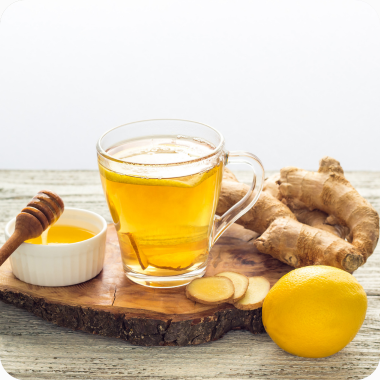
The
ginger tea it is a healthy choice compared to other ginger drinks that can contain a lot of sugar. It's a good idea to limit your consumption of these commercial drinks or choose sugar-free versions.
How else to use ginger?
The
ginger it can be added to your food in a variety of ways: grated, chopped, as a paste or even in powder form. It is wonderful in sweet foods because it balances the sweetness, but also in salty foods, such as lentils.
For something different, try pickled ginger. They are thin slices usually eaten with sushi and have a wonderful sweet, sour and spicy taste.
Side effects of ginger
The
ginger it is usually safe for most people to eat it in
Small amounts, such as those found in food and drinks.
Also, there are studies that examine whether the
ginger can affect the
blood sugar levels, so diabetics should be careful with large amounts of ginger supplements.
If you have questions about the
ginger or any other ingredient and its effect on health, it would be a good idea to talk to a dietician for advice and information.
Related products:
PHARMACIST, M.Sc.
CEO Wecare IKE













